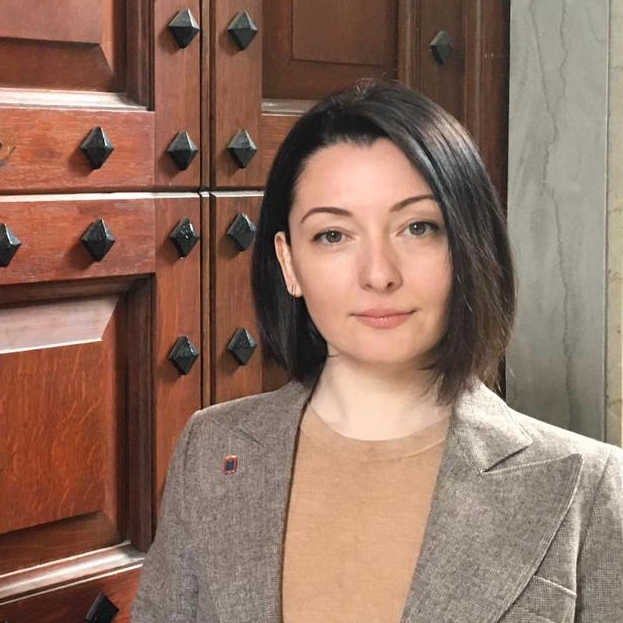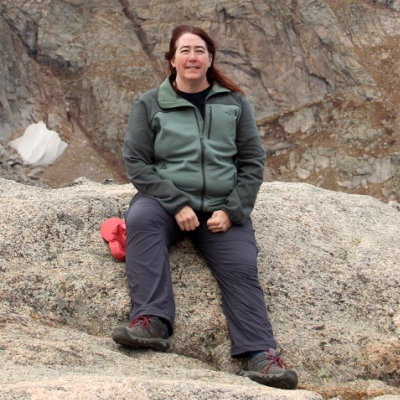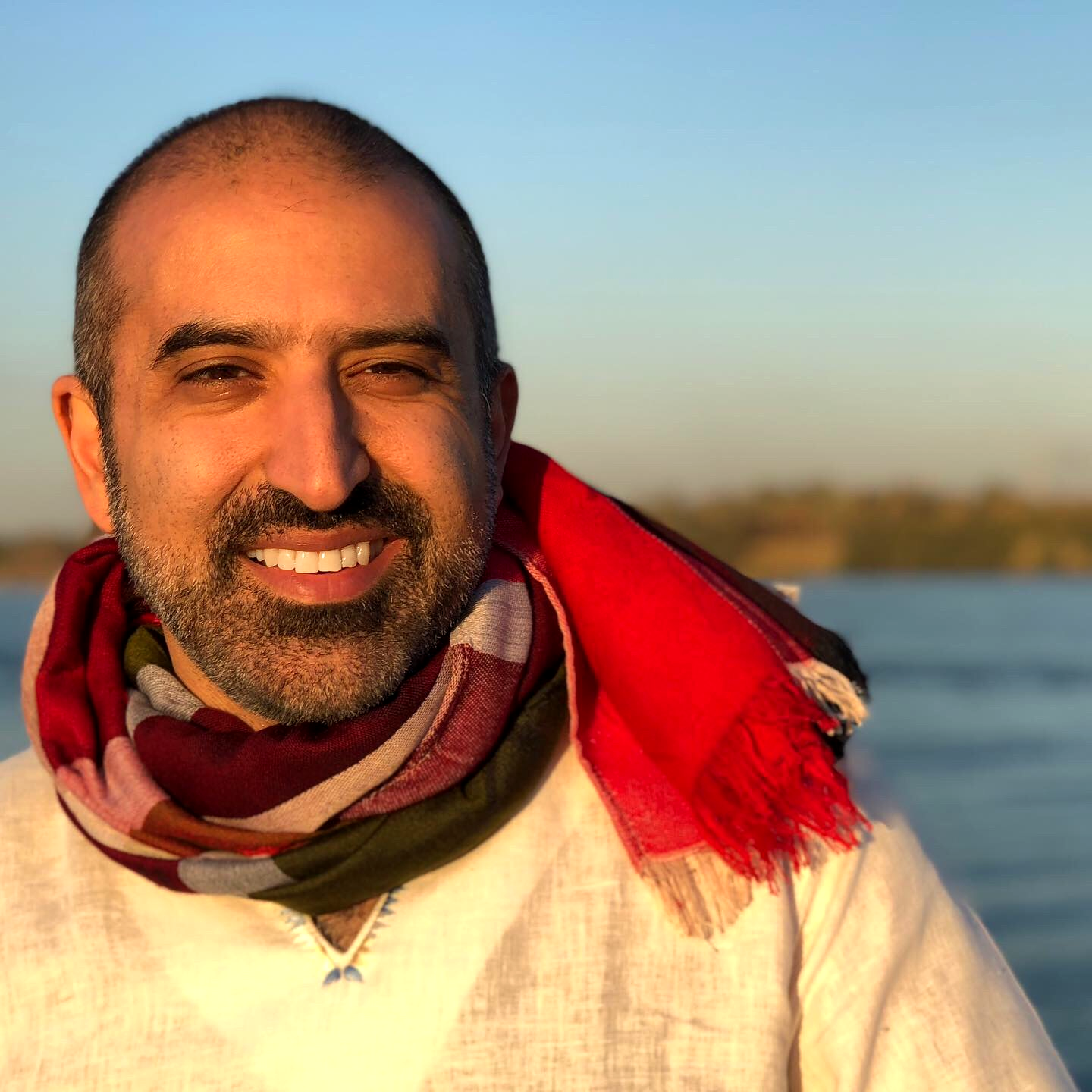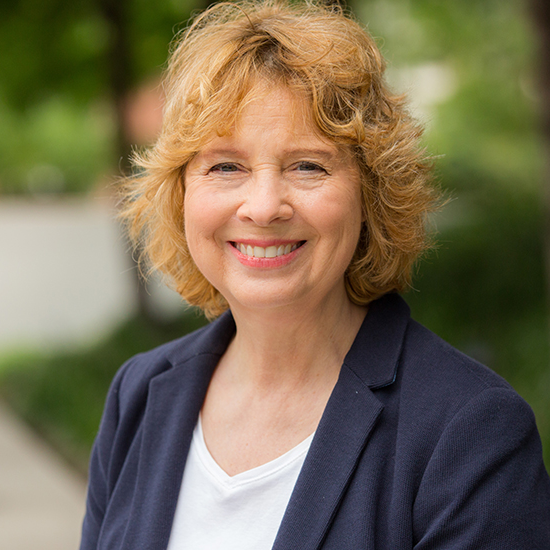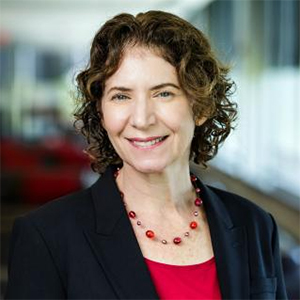About the Global and Regional Studies course block
Our world is defined by its connections and separations: divided by national borders, distinct regional identities, and different economic systems among other barriers, yet linked by global exchanges of information, money, and people. The objective of the Certificate in Global and Regional Studies is to introduce you to a wide variety of analytical approaches and conceptual frames that will help you understand the forces that shape culture, commerce, conflict, and other international relations worldwide.
Few aspects of our lives are untouched by global connections: consider pressing global concerns such as post-pandemic inflation, climate change, and Russian expansion. Alongside these large-scale events, we see globalization in our own lives in the growing need to foster virtual collaboration and inclusive environments at work and in economically significant cultural phenomena like the World Cup soccer tournament and the international sensation of K-pop music. Ideas travel broadly, bypassing borders as if they were not there; money, commerce, and trade flow at global and international as well as local and regional scales.
The Certificate in Global and Regional Studies combines several approaches to explore these facets of our interconnected world. While an international studies curriculum might focus on the relationships between nations, global studies captures the complexity of how people, trade, and culture move worldwide, and regional studies focuses more closely on the governance and economies of particular geographic areas and cultural formations. With global and regional studies courses, you gain greater competence in understanding and mastering the impact of the connections, forces, and inclusions that define the world today. In addition, you develop analytical, writing, and communication skills around these issues.
Bachelor of Applied Arts and Sciences degree courses in the Global and Regional Studies course block are offered on an accelerated (8-week) schedule. Courses in the block are largely asynchronous with some optional synchronous sessions to be scheduled by the instructors.
All Penn LPS Online courses offer academic credit.*
Please note: Students who complete four of the courses in this course block while enrolled in the Bachelor of Applied Arts and Sciences (BAAS) degree are awarded a Certificate in Global and Regional Studies upon completion of the degree. If you are enrolled in the BAAS program and don't complete the degree requirements to graduate, you are not eligible to receive this certificate.
*Academic credit is defined by the University of Pennsylvania as a course unit (c.u.). A course unit (c.u.) is a general measure of academic work over a period of time, typically a term (semester or summer). A c.u. (or a fraction of a c.u.) represents different types of academic work across different types of academic programs and is the basic unit of progress toward a degree. One c.u. is usually converted to a four-semester-hour course.
The Global and Regional Studies course block prepares you to:
- Gain command of key concepts and theories to support your analysis of global and regional issues in the world of work
- Think critically about global commerce, international relations, and culture over time in different places
- Develop a broad understanding of global movements of people, goods, money, and ideas across regions and in different historical moments, with knowledge based on specific regions supporting a global view
- Identify and have a good understanding of current trends and historical transformations, and thus be better able to analyze change in the future
- Gain confidence addressing global and regional issues because you have learned ways to approach new and different material
- Manage the challenges of a multinational workforce and leadership in global careers
Courses
Global studies courses:
- GLBS 1000: Introduction to Global Studies
- GLBS 2000: Globalization: Social, Economic, and Political Aspects
- GLBS 2200: Global Human Rights
- GLBS 2800: Contemporary Issues in Global Health
- GLBS 3000: Global Public Health: Climate Change and Public Policy
- GLBS 3900: Applied Economics in Global Contexts
- CLCH 3100: Global Environmental Issues
Regional studies courses:
- GLBS 3200: Latin America and the Caribbean: Themes, Trajectories and Disruptions
- GLBS 3000: Global Public Health: Climate Change and Public Policy
- GLBS 3800: Portraits of Contemporary Russia: Politics, Culture, and Conflict*
- ICOM 1000: Intercultural Communication
- MODM 3000: Religious Traditions of the Middle East*
- MUSI 2000: Contemporary African Music
*This course may not be offered every academic year. Check the course page or our course guide to see when upcoming terms are added.
Courses are subject to change.
